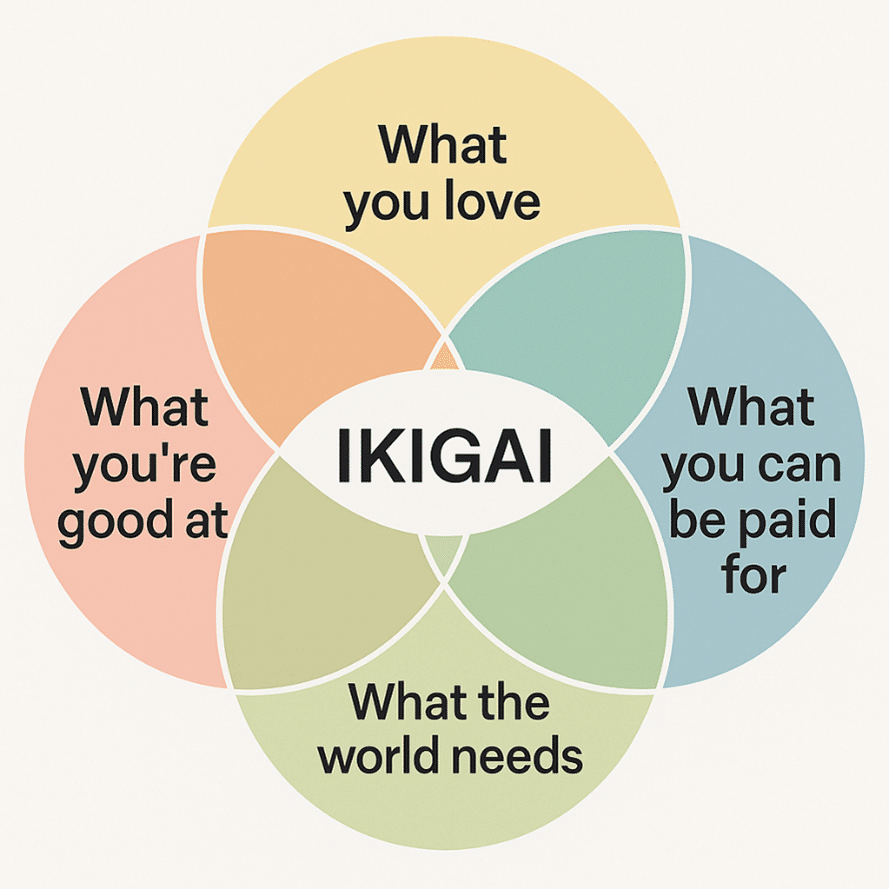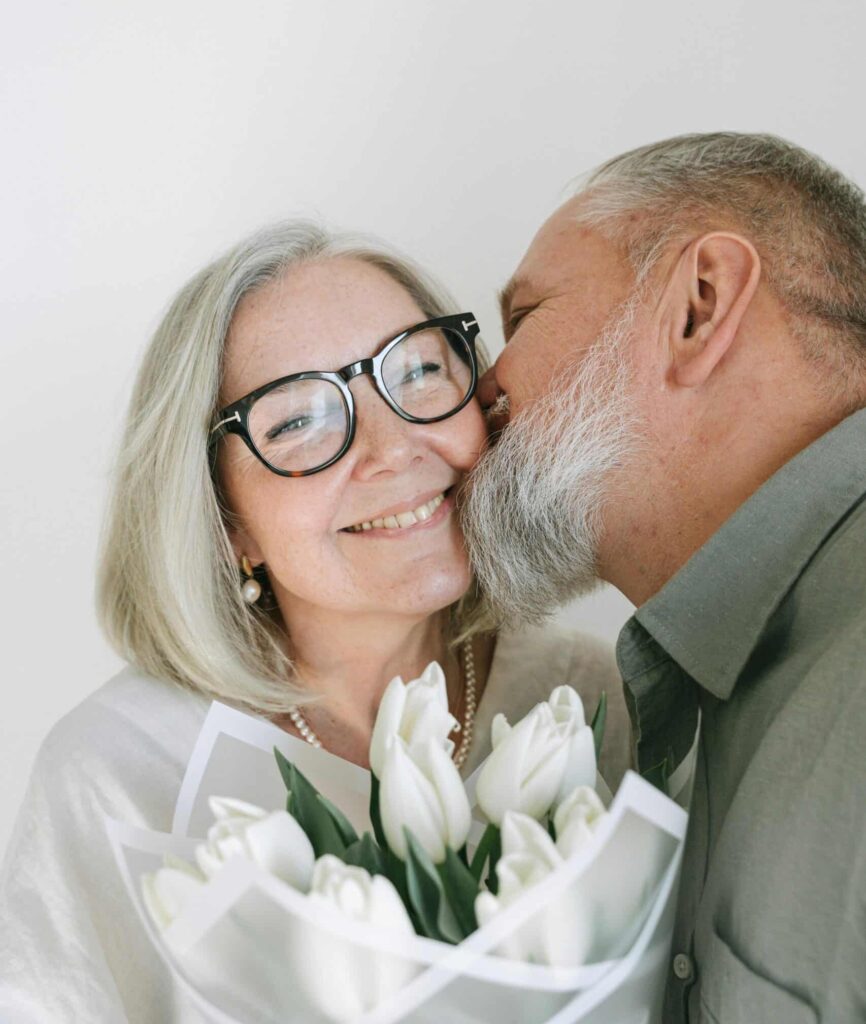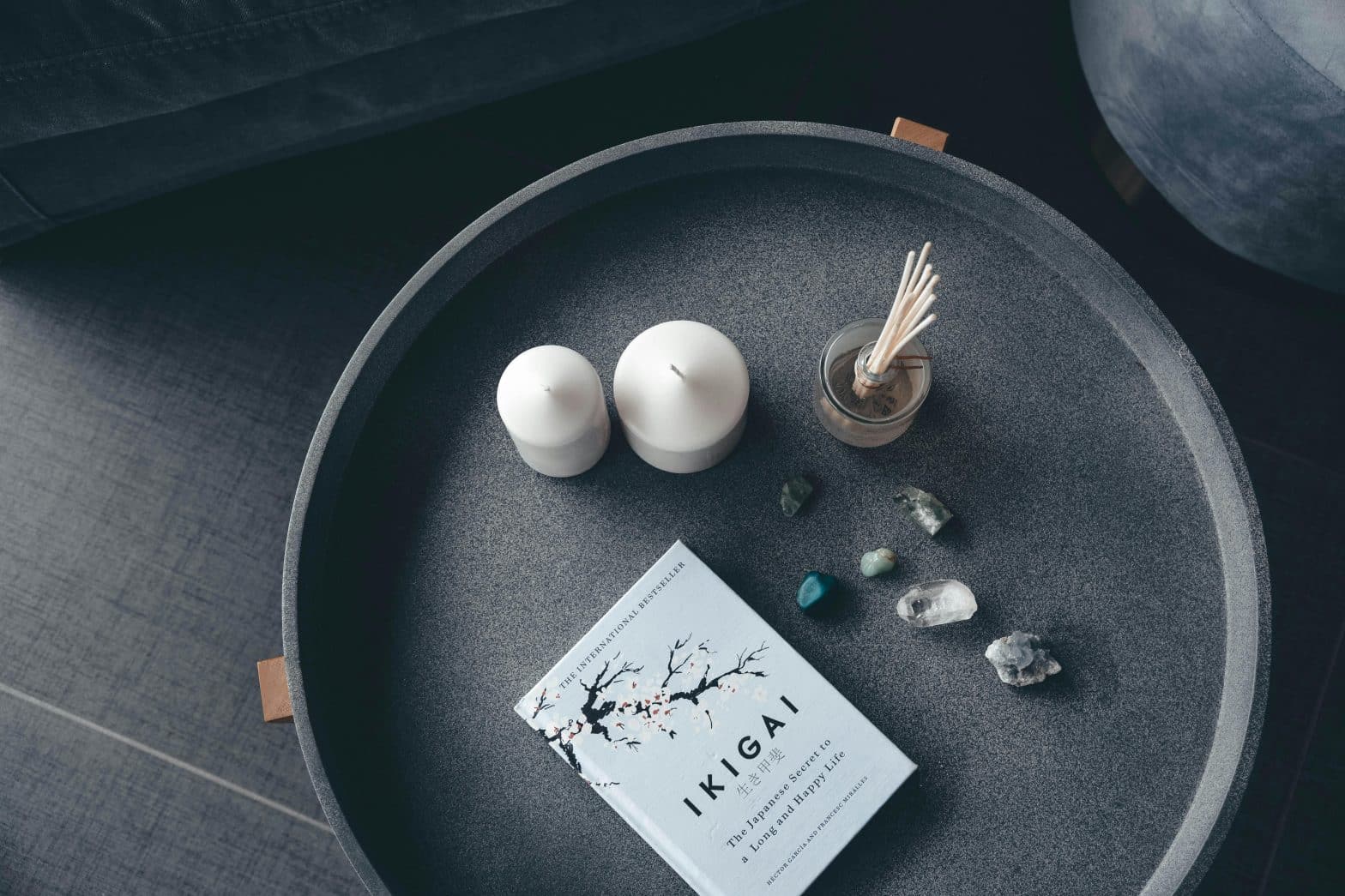In a world where people are increasingly mobile and global careers are the norm, finding meaning and balance in life becomes more complex but also more essential. For expatriates, the quest for personal and professional harmony is an everyday challenge. This is where Ikigai, a traditional Japanese concept, offers valuable insight.
But what is Ikigai, and how can it guide expats toward a life worth living? In this article, we’ll explore the Japanese secret to a long and happy life, connect it to the unique mental health needs of global professionals, and offer tools to help you find your own purpose abroad.
What is Ikigai?
Ikigai (生き甲斐) is a Japanese word that roughly translates to “a reason for being” or “a reason to wake up in the morning.” It’s your life’s purpose, the unique intersection where your passion, mission, profession, and vocation meet. This idea has been part of traditional Japanese philosophy for centuries and is considered one of the secrets to a long and happy life, especially in regions like Okinawa, a blue zone where people live the longest.
At its core, Ikigai is about living with meaning, doing what you love, helping others, and feeling fulfilled by the work and life you lead.
The Ikigai Venn Diagram is often used to visualize this concept. It includes four overlapping circles representing:
- What you love
- What you’re good at
- What the world needs
- What you can be paid for
The sweet spot where all these areas converge is your Ikigai your true purpose.

The relevance of Ikigai for expats
For expatriates, life is a mix of excitement, challenges, adaptation, and sometimes confusion. Being away from your home culture, familiar surroundings, and support systems can lead to feelings of isolation, identity shifts, and career questioning. In these moments, finding Ikigai can serve as a compass.
A sense of purpose abroad
Living abroad can feel rootless if there’s no deeper purpose guiding your decisions. Ikigai helps expats reconnect with what truly matters what brings joy, what you can offer to others, and what will make your international experience meaningful.
For example, an expat working in international development may find that their Ikigai lies not just in their daily job, but in the broader impact they make on local communities.
Balancing work and life
Many expats relocate for work opportunities, often driven by career growth. But what happens when work becomes overwhelming, or when professional goals begin to feel empty?
Ikigai encourages people to find joy in both work and life, to strive for a balanced lifestyle where professional responsibilities coexist with personal passions, friendships, and self-care.
This is particularly relevant in the high-pressure world of global business, where burnout and mental health issues can be common. By anchoring your life in Ikigai, you can create a sustainable lifestyle abroad.
Ikigai and mental health: why the connection matters
The intersection of Ikigai and mental health is more than philosophical it’s scientific. Studies suggest that individuals who live with a strong sense of purpose enjoy better psychological well-being, reduced stress, and even increased longevity.
For expats, cultivating Ikigai is not just about personal development it’s a protective strategy against the emotional challenges of international life.

The mental health struggles of expats
It’s well-documented that expatriates are at higher risk of experiencing:
- Anxiety and depression
- Cultural adjustment stress
- Loneliness and isolation
- Career uncertainty
Without support, these issues can seriously impact both personal life and job performance. That’s why mental health coaching is increasingly essential for the modern expat.
At Foyer Global Health, we offer personalized mental health coaching designed to support expatriates in navigating their international journeys. Whether you’re facing stress, burnout, or simply a lack of clarity, professional support can help you rediscover your purpose your Ikigai.
Tools to start your Ikigai journey

The global lifestyle offers immense opportunity but also complexity. By adopting the Ikigai Japanese concept, you can bring clarity, intention, and joy to your life abroad.
Instead of simply reacting to external pressures, you become the author of your journey. You stop asking, “What should I do next?” and start asking, “What brings me alive?”. And in that space between what you love and what you give you’ll find your Ikigai.
Here are a few practical ways to start:
Journal regularly
Write down your thoughts using prompts like:
What did I enjoy most this week?
When did I feel most in flow?
What drained me emotionally?
Read the book Ikigai
The bestselling book Ikigai: The Japanese Secret to a Long and Happy Life by Héctor García and Francesc Miralles offers an accessible introduction to the topic. It combines interviews with people who lived the longest, especially in Okinawa, with practical advice.
Talk to a mental health coach
Professional guidance helps you reflect more deeply, identify blind spots, and overcome blocks. It offers structured support, fresh perspectives, and tailored strategies to help you grow, whether in your personal life, career, or during major transitions. Working with a coach or expert can accelerate progress and increase clarity in areas where you’re feeling stuck.
Create your own Ikigai Diagram
Use a worksheet or an online template to explore:
What you love
What you’re good at
What the world needs
What you can be paid for
Update it regularly as your life and goals evolve.
Finding your Ikigai as an expat: A practical guide
The journey to finding Ikigai is deeply personal, but it follows a framework that you can apply, especially as a globally mobile individual.
Step 1: What do you love?
Ask yourself:
What activities bring you joy?
What topics or tasks make you lose track of time?
What would you do even if you weren’t paid?
For example, maybe you love cooking, mentoring, writing, or exploring cultures. Even if these don’t relate directly to your job, they’re valuable clues.

Step 2: What are you good at?
Think beyond your job description. You may be:
A natural problem-solver
Great at connecting with people
Skilled at language learning
Gifted in public speaking
These strengths are the building blocks of a fulfilling life.

Step 3: What does the world need?
This is especially meaningful for expats, who often live in diverse environments where they can contribute in unique ways. Ask yourself:
How can I help others around me?
What local or global issues am I passionate about?
What skills or insights can I offer my host community?

Step 4: What can you be paid for?
This brings realism into the mix. You might love painting, but unless it supports your life abroad, it might remain a hobby. Consider:
Which of your passions are also marketable?
Can you monetize your skills through freelance work, coaching, or consulting?
How can your career path align with your broader purpose?

Putting it all together
Now, visualize the Ikigai diagram. Where do all four of your answers intersect? This central point is your personal Ikigai a reflection of who you are, what you do, and how you live.
Ikigai Is a journey, not a destination.
It’s important to understand that Ikigai isn’t static. It changes with time, place, and experience. What gave you purpose at 25 may not be what drives you at 40 especially if you’re moving countries, shifting careers, or starting a family.
As an expat, allow yourself to evolve. Check in regularly with your Ikigai. Ask:
Am I still doing what I love?
Is my life aligned with my values?
How can I live more meaningfully where I am today?
Ikigai in real expat lives: Case studies
To better understand how expats apply the concept of Ikigai in real life, here are two illustrative stories:
Maria, 34, Italian Marketing Manager in Dubai
Maria relocated for a high-paying job, but after two years, she felt empty. Through mental health coaching, she realized her passion was helping young women build careers. She started a mentorship group for expat women and began speaking at local events.
Her Ikigai became clear: marketing, mentorship, community building, and empowerment. She now runs her own consultancy.
Thomas, 45, German Engineer in Singapore
Thomas was a senior engineer who missed home and felt disconnected. He loved photography and was good at storytelling. With support, he started a blog about expat life in Asia, blending tech tips, cultural insights, and personal reflections.
Today, that blog is a side business, and he finds renewed energy in both work and personal life.
Conclusion: Ikigai and the expat life
So, what is Ikigai for an expat? It’s the sense of purpose that helps you navigate the unfamiliar, the anchor that grounds you in turbulent times, and the joy that makes life abroad not just bearable but beautiful.
If you’re feeling lost, disconnected, or just curious about how to make your life more meaningful, don’t ignore the call to explore your Ikigai. It’s not just a Japanese concept it’s a universal truth.
And remember, you don’t have to walk this path alone. With the support of mental health coaching, you can find your way back to what really matters. Live with purpose. Work with passion. Love what you do. That is Ikigai.


